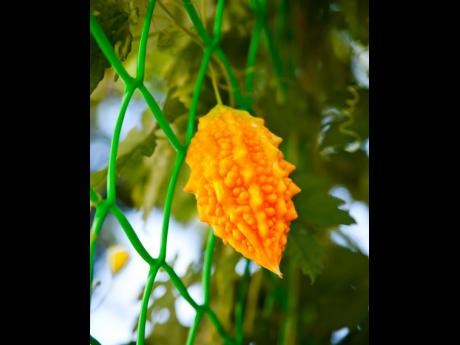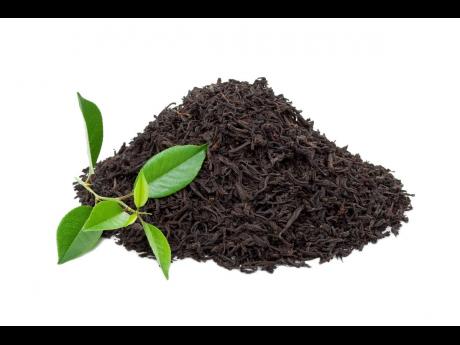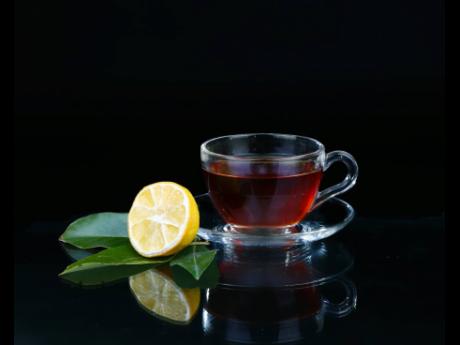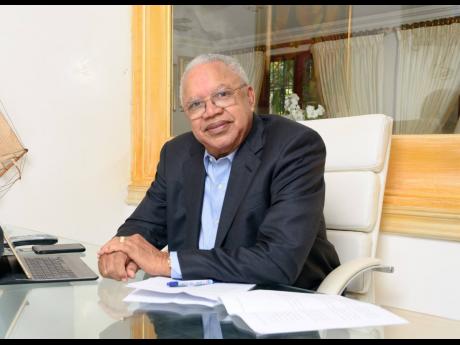Health + Tech | Fusing tradition and technology
How digital tools can enhance age-old practices in Jamaican healthcare
Traditional healing practices, a cornerstone of health and wellness in Jamaica, are deeply rooted in our history and diverse cultural influences. As digital health technologies continue to evolve, there is growing potential to integrate these traditional methods with contemporary advancements, creating hybrid models that respect cultural practices while enhancing health outcomes. A fusion of traditional and digital medicine has the potential to revolutionise healthcare.
Traditional Jamaican medicine encompasses a variety of practices that have been passed down through generations. Rooted in the island’s indigenous Arawak and Taino cultures, as well as influenced by African, Caribbean, Asian and European traditions, these practices often involve the use of herbal remedies, spiritual healing, and community-based care. Herbs like fevergrass (lemongrass), sarsaparilla, and cerasee are commonly used for their purported health benefits, addressing issues ranging from digestive problems to skin conditions.
In addition to herbal treatments, traditional healing in Jamaica frequently involves rituals and spiritual practices, reflecting a holistic approach that considers the physical, emotional, and spiritual aspects of health.
CHANGING LANDSCAPE
The advent of digital health technologies has transformed the global healthcare landscape, offering innovative solutions for diagnosis, treatment, and patient management. From telemedicine platforms that enable remote consultations to wearable devices that monitor vital signs, these technologies promise to improve accessibility and efficiency in healthcare.
In August 2023, the Pan American Health Organisation (PAHO) held its first Global Summit on Traditional Medicine “to promote the integration of demonstrably beneficial traditional medicine interventions into health systems”.
The organisation estimates that some 88 per cent of all countries make therapeutic use of practices such as indigenous medicines, herbal medicine, acupuncture and others. In several countries in the Americas, laws, policies and programmes have been put in place to “recognise, protect and include knowledge based on tradition and ancestry in their health systems”, PAHO notes. Over the past six years, PAHO has been leading the charge to include and integrate traditional, complementary and integrative medicines (TCIMs) into health systems to promote people-centred health services.
The integration of traditional healing practices in Jamaica with digital health technologies offers an opportunity to create a more comprehensive and culturally sensitive healthcare model. This hybrid approach can leverage the strengths of both systems, combining the holistic, community-oriented aspects of traditional medicine with the precision and accessibility of modern technology.
One way in which this can be done is through the development of digital platforms that document and disseminate traditional remedies. Apps or online databases could catalogue herbal treatments, their uses, and preparation methods, making this valuable knowledge accessible to a wider audience. Such platforms could also provide evidence-based information on the efficacy and safety of these remedies, fostering a greater understanding and respect for traditional practices within the modern medical community.
In addition, telemedicine platforms can be designed to incorporate cultural competency, ensuring that traditional practices are considered in patient care. For instance, telehealth consultations could include options for patients to discuss traditional remedies with healthcare providers who are knowledgeable about both conventional and alternative treatments. This approach would respect and validate patients’ cultural beliefs while integrating them into their overall care plan.
WEARABLE DEVICES
Wearable health devices could be adapted to incorporate traditional health practices. For example, a wearable device could track symptoms and health metrics related to conditions commonly treated with traditional remedies. This data could then be used to provide personalised recommendations that include both digital and traditional approaches. Additionally, integrating traditional health practices into the algorithms of these devices could enhance their relevance and effectiveness.
To ensure the successful integration of traditional and digital medicine, it is essential to foster collaboration and training among healthcare practitioners. Training programmes could educate healthcare providers about traditional Jamaican healing practices, promoting a more inclusive approach to patient care.
The Ministry of Health and Wellness hosts an annual research conference. This medium could be used to conduct more studies on the efficacy and safety of traditional remedies, in conjunction with modern medical practices, which in turn could provide documented evidence for their use.
The integration of these two methods could be instrumental in developing a more inclusive and effective health care system especially for our rural population as well as open a global market for our traditional remedies.
Doug Halsall is the chairman and CEO of Advanced Integrated Systems. Email feedback to doug.halsall@gmail.com and editorial@gleanerjm.com.






